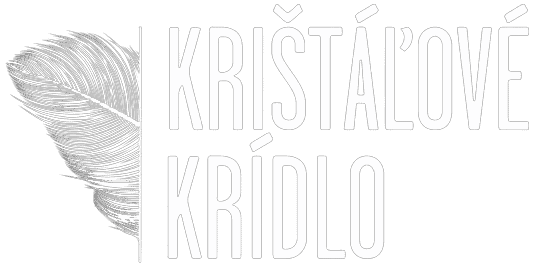The main reason why community banks are being created is that they can fulfill the specific needs of a particular community – needs that can’t be satisfied by big institutions. That’s also the story of Boulevard, the first bank for black Americans in the US, established by Donald Hawkins. With he himself being a part of this community, he could see huge gaps in how people from this community were treated and educated.
“Black America has systematically been removed from really learning money, and how it works. It’s kinda tough to be free in a country, when the people who hold the power strings have been your oppressors as well.”
Donald wanted to help those people affected by this situation, so he established a new neobank, Boulevard, which focuses on teaching how to truly own the wealth–building process for individual needs. However, as he highlights, Boulevard doesn’t exclude anyone; but on the other hand, it is not possible to create one neobank for all minorities, because there are too many and unique needs.
“We hope there are going to be companies that continue to spring up and address those specific needs for their affinity groups as well.”
In the modern world for every bank, whether it’s neobank or one that’s been going for 50 years, it is crucial to reach out to their customers, especially generation Z. With the COVID pandemic, everything is moving virtual and banks need to keep up to pace. For banks, it is not that easy anymore to establish a loyal partnership with their clients.
“The relationships are still going to be key. Banks have the luxury of being a first mover because they have that density, that connectivity. But how do you transfer that relationship from the physical face-to-face interaction to something more digitized?”
Another important thing for banks is the acquisition of customers.
“You gotta have something that customers can compare to in a favorable way. A problem that I’ve seen in the world of banking and finance overall, is that a lot of banks really feel as if relations is their superpower. But they don’t realize that every bank feels that relations are their superpower… when the truth of it is that the majority of them are more transactional.”
Features are no longer deal-breakers because the competition is catching up very quickly. This means that all banks need to adopt new things early to be competitive. If you are late to the game, you can be quickly swallowed up by another bank. Customers have a full pool of banks to choose from, and falling asleep at the wheel can be fatal for banks.
So what is the future?
“Traditional banks have a lot of experience at taking care of customers and members. And I think that’s what we can learn as neobanks and fintechs from them. But that’s why working together can be such a plus. You take the experience from the traditional banks and you marry that with innovation and modern tools and features from fintech.”
Would you like to hear more about neobanks, relationships and future of banking? Then listen to our podcast episode!









